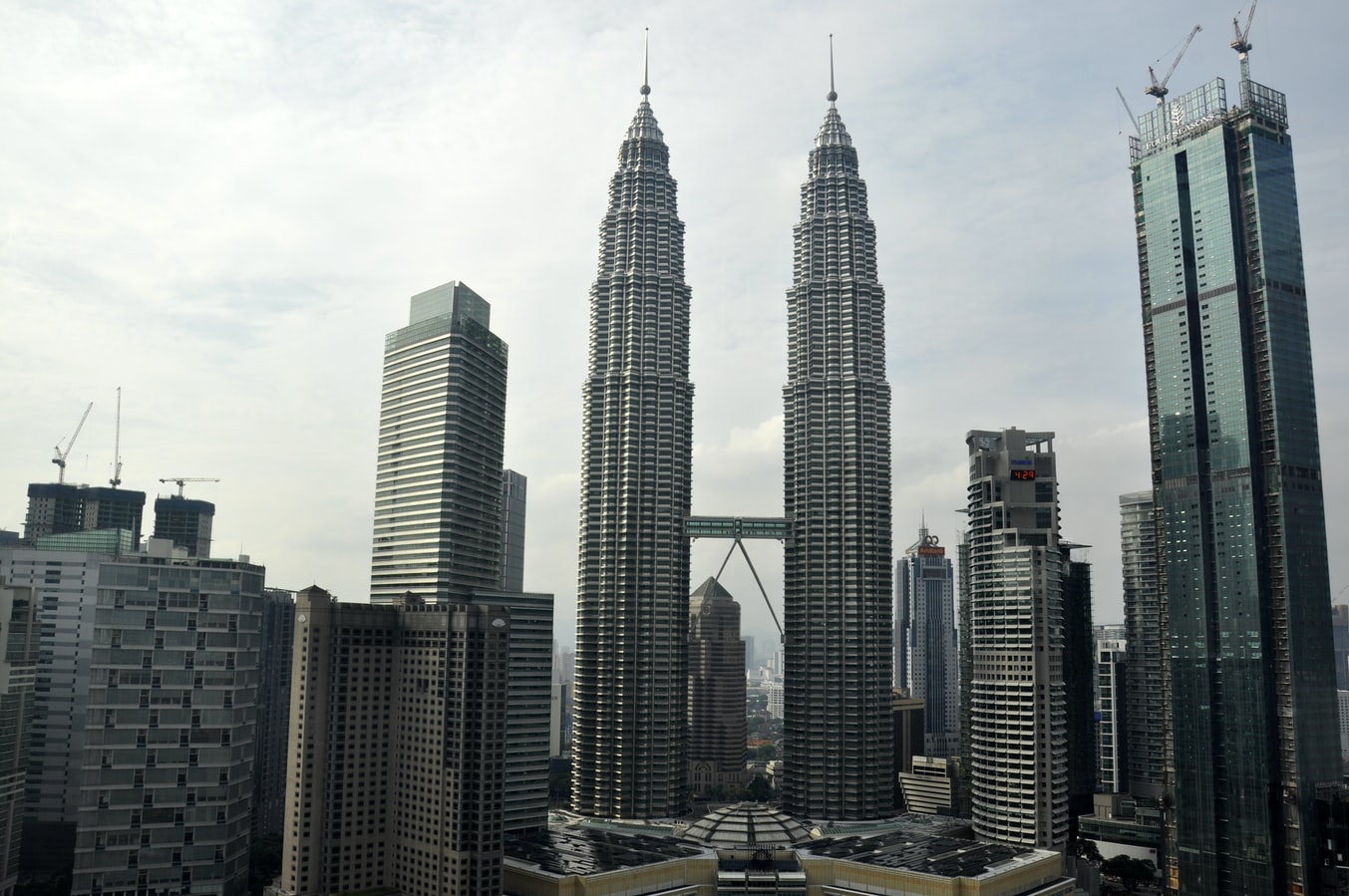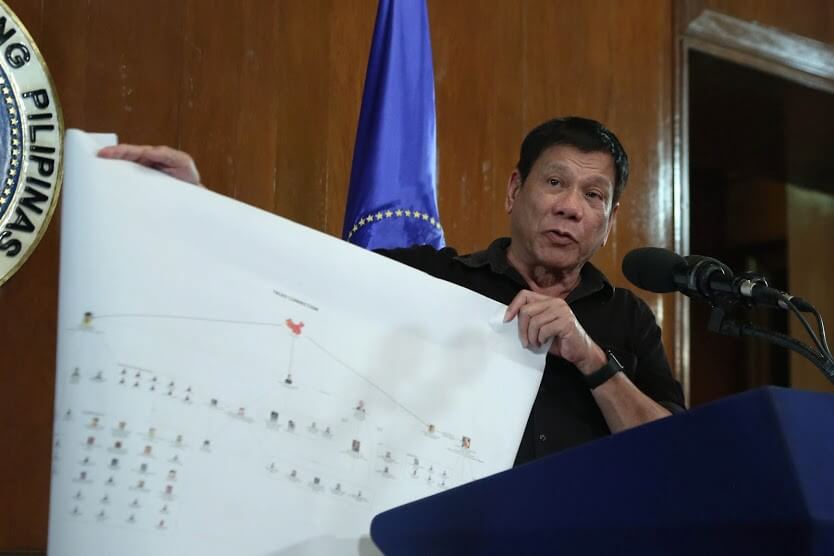Environmentalism can be a force for democratization by challenging destructive state practices or putting pressure on governments to undertake regulation. These trends have been seen in Thailand, where popular protests during the 1980s ended a plan to build a dam in the rainforests near the Burmese border and led to a national logging ban. These protests were successful outcomes of environmentalism. But they also provided a means to criticize undemocratic military governments that had allowed deforestation to continue unchecked, or who had profited from schemes that ruined ecosystems and local people’s livelihoods.
But environmentalism can also communicate distorted or incomplete messages. For example, environmental protests can highlight certain problems but pay no attention to others. There can be tensions between environmental concerns expressed by urban or richer people and those living in poverty on the edge of protected areas. Environmental activism can also simplify or even misrepresent the risks posed by environmental change.
My new paper, “Beyond narratives: civic epistemologies and the co-production of environmental knowledge and popular environmentalism in Thailand,” which is forthcoming in the journal, Annals of the Association of American Geographers, is an attempt to understand these more complicated aspects of environmentalism. The paper argues that, while there is a need for environmentalism and democratic reform in Thailand, we need to be more critical of how popular environmentalism performs these functions. There is a need to see how environmentalism reproduces social structures and simplistic ideas about the environment. This knowledge can then help make environmentalism more inclusive.
The paper adds to this debate by analyzing the concept of “civic epistemologies.” This term sounds very academic, but the functions it serves are very important and often unseen. Civic epistemologies are the social structures and codes of conduct that are left unchallenged when political actors engage in disputes about scientific and technical themes such as environmentalism. They show how different country’s political cultures influence which kinds of protest are considered legitimate, and how they influence the appropriate roles played by different actors.
In Thailand, civic epistemologies can be seen in “community culture,” or the long-standing set of codes concerning how poorer Thai people and communities are seen and see themselves. For example, villagers are expected to commit to moral codes of sharing, working for each other, and refusing to exploit people. These codes are often adopted knowingly or unknowing by environmental activists to make protests more politically acceptable to other parts of society.
These trends are shown in research about how environmental protests have been reported in newspapers in Thailand. The paper uses information from the Bangkok Post and interviews with activists since the 1990s. Evidence shows that debates about forests in the 1970s-80s showed a wide range of objectives, including access to farmland and resistance against state-based plantation forestry, as well as the conservation of forests. Communities were represented as either irresponsible when they sought to gain land rights, or as victims of illegal logging. But in the 1990s-2000s, reporting about community-based forest legislation represented rural communities mostly as victims, and as supporting mainstream ideas of forest conservation. These ideas, however, largely excluded the potential for local agriculture or commercial activities by rural people on land classified as forest. Other protests, which aimed to increase local access to land, or allow commercial development in rural zones, were no longer classified as “environmental” or “community-based.” Instead, these protests were portrayed separately as illegitimate and inappropriate.
The problem shown by these insights is that environmentalism seems to be reinforcing a specific vision of environment and community that prescribes certain agendas and roles for poorer people. These representations crowd out other possible forms of environmentalism that might include different forms of conservation and more empowering roles for communities. Indeed, evidence also suggests that this trend has increased since Thailand’s latest coup in 2014 when the new military government has clamped down on political protests after years of conflict between so-called Red and Yellow Shirts.
The point of this analysis is not to criticize environmentalism, but to show its limitations and opportunities to become more inclusive. To be clear, environmentalism today, and in the past, has allowed people in Thailand to show concern about the environment simultaneously with protesting against undemocratic governments. Under these conditions, it is not surprising that protesters have to be careful about what they say, and seek every opportunity to make protests safely.
But it is also important to ask what kinds of hidden structures influence this kind of political protest, and what are the implications for how we understand environmental change and the political agency of poorer people. In Thailand, it seems that political protests about the environment still continue to reproduce old ideas about social hierarchies and about what counts as appropriate environmental management. Analyzing the underlying structures of environmentalism can help make environmental protests more inclusive and effective.
*The views expressed in the blog are those of the authors alone. They do not reflect the position of the Saw Swee Hock Southeast Asia Centre, nor that of the London School of Economics and Political Science.
* Banner image is taken by Shubert Ciencia (Flickr Creative Commons).





